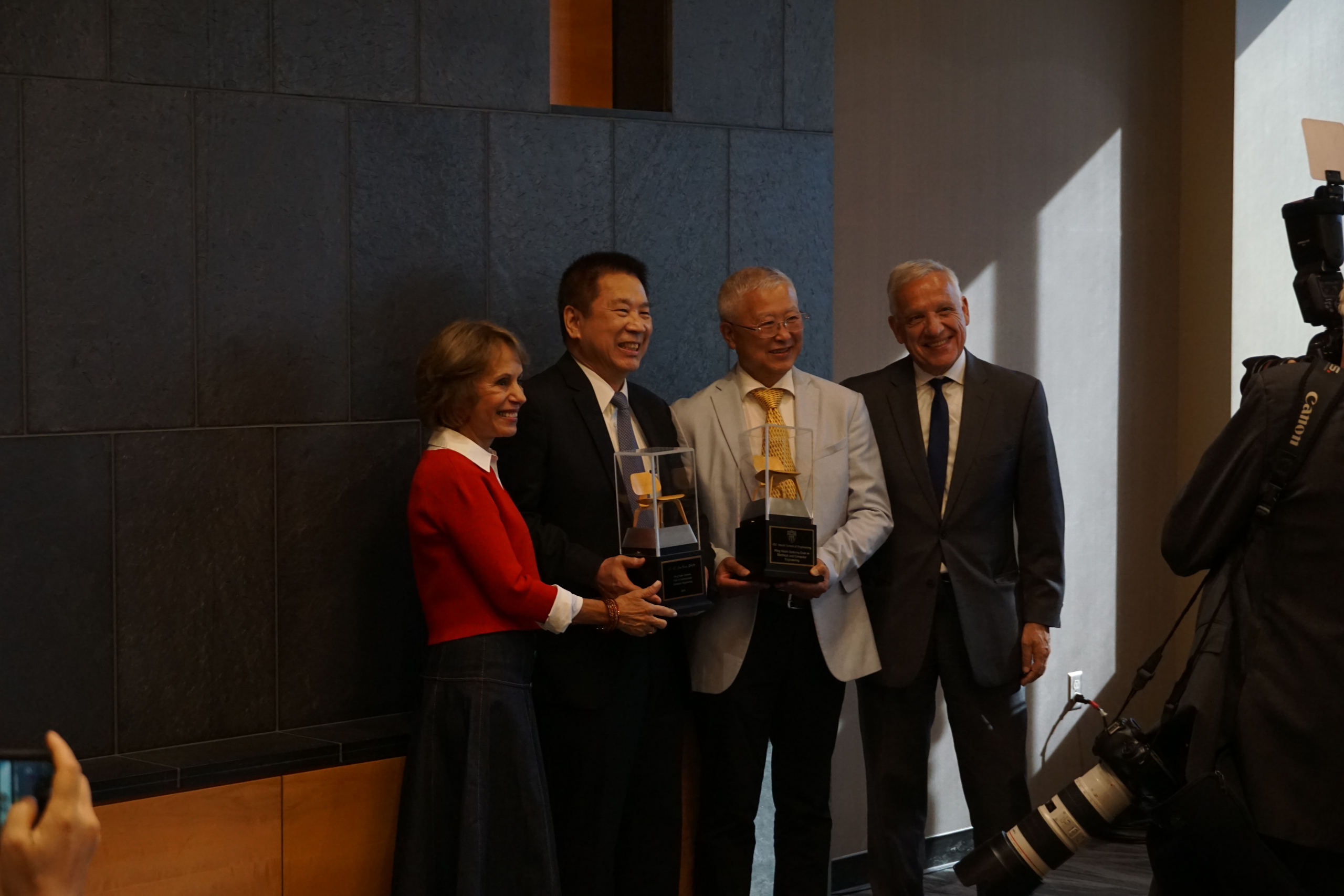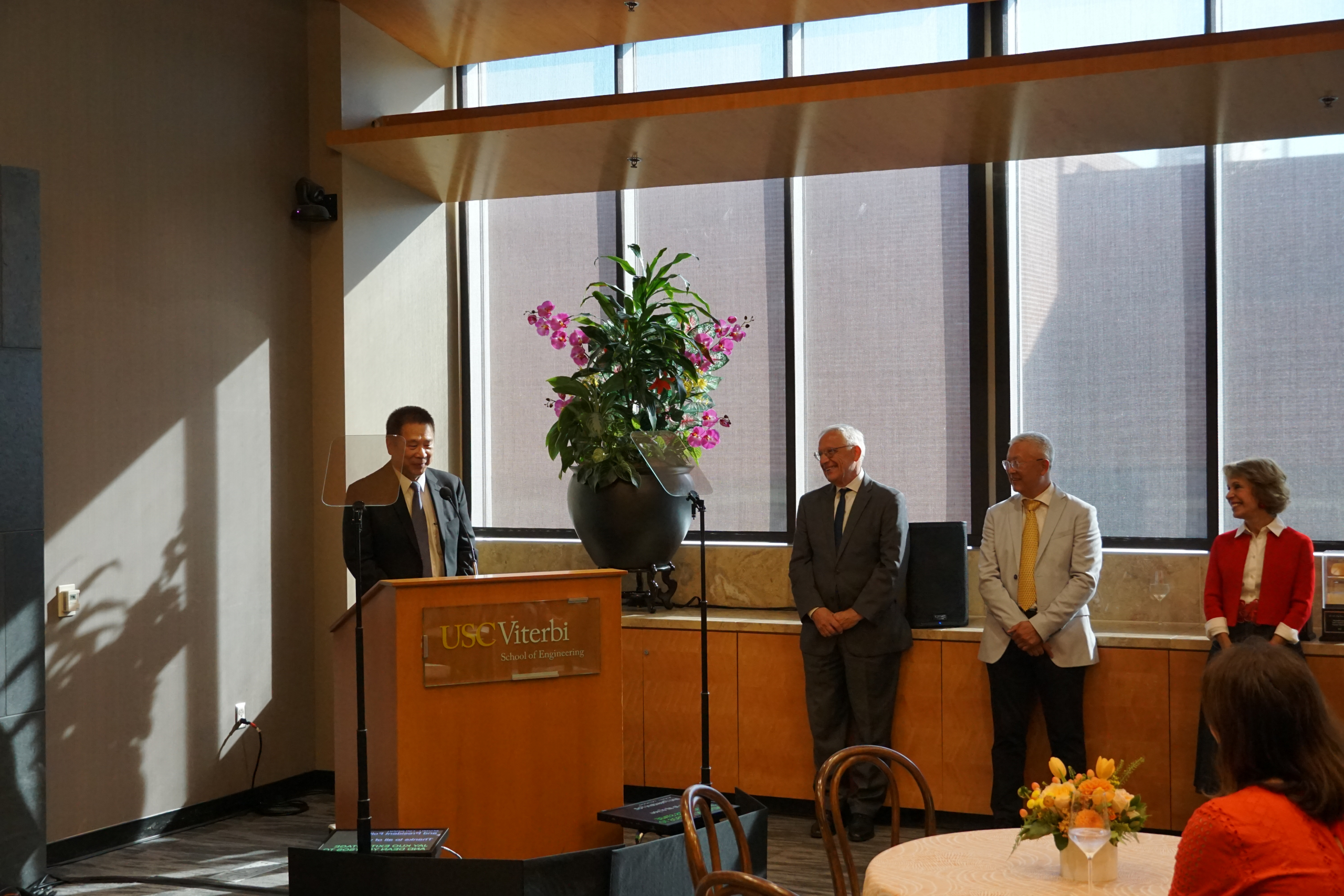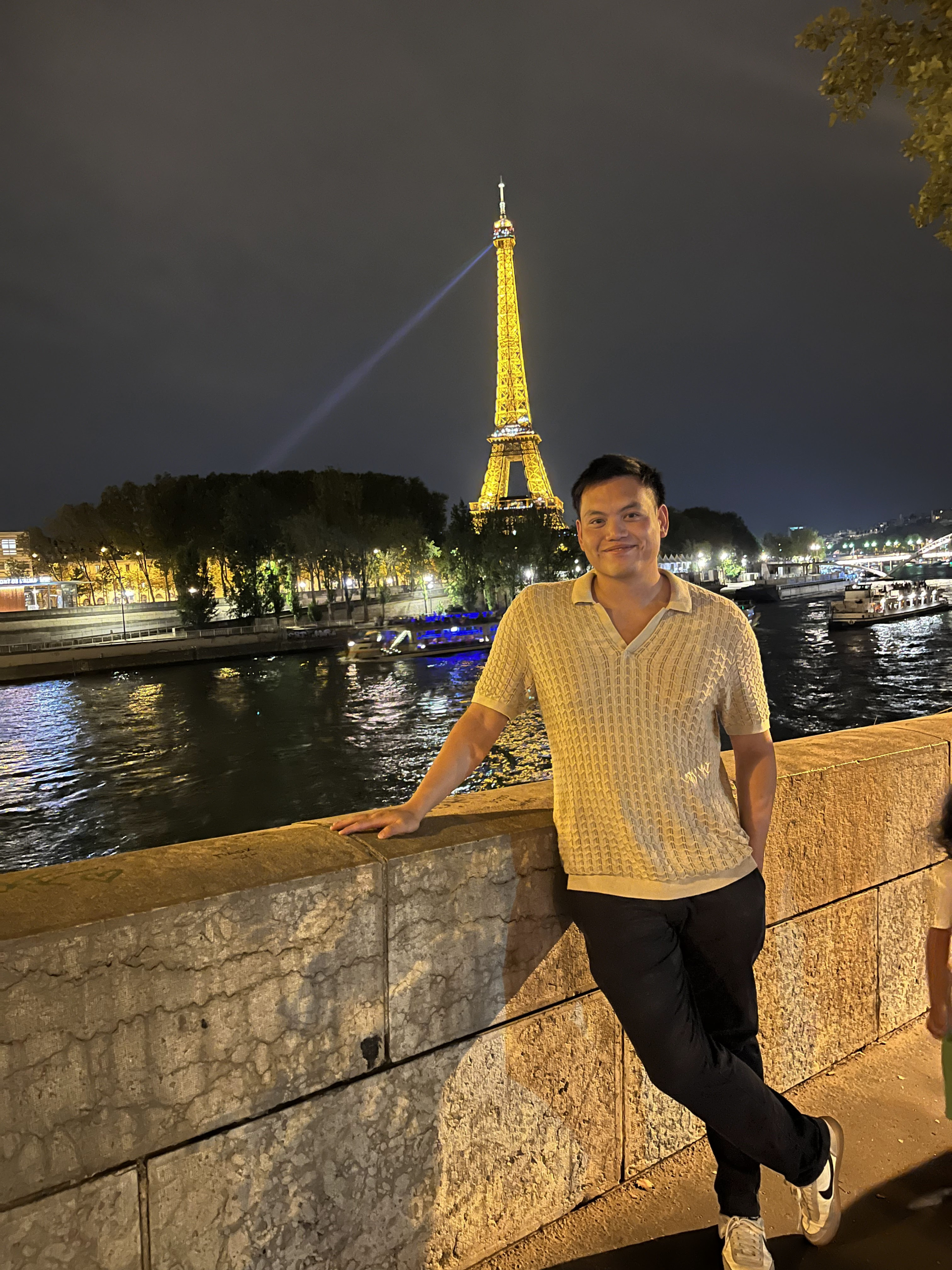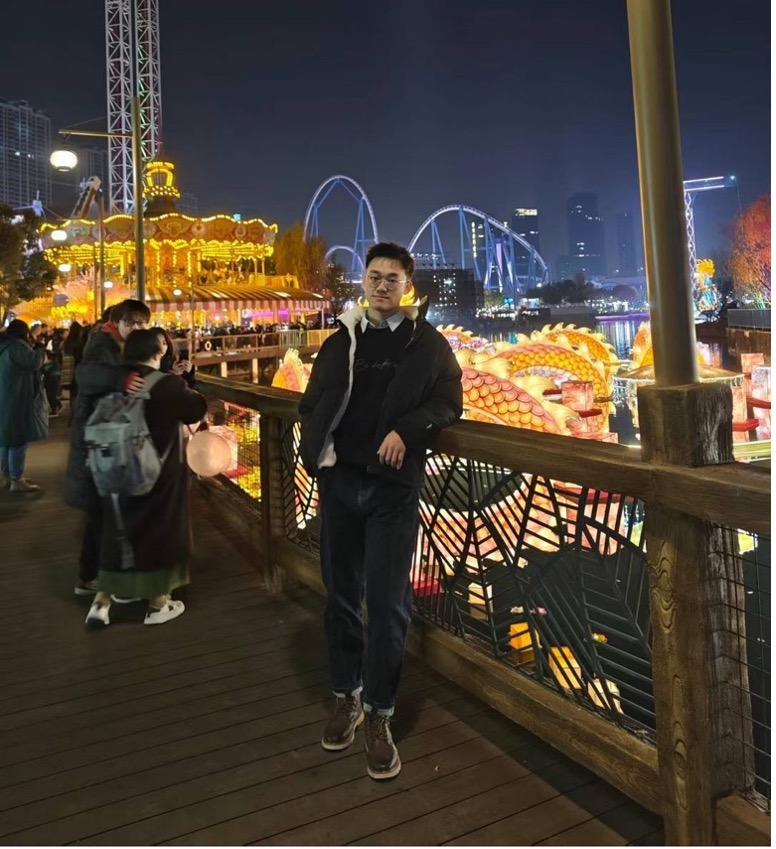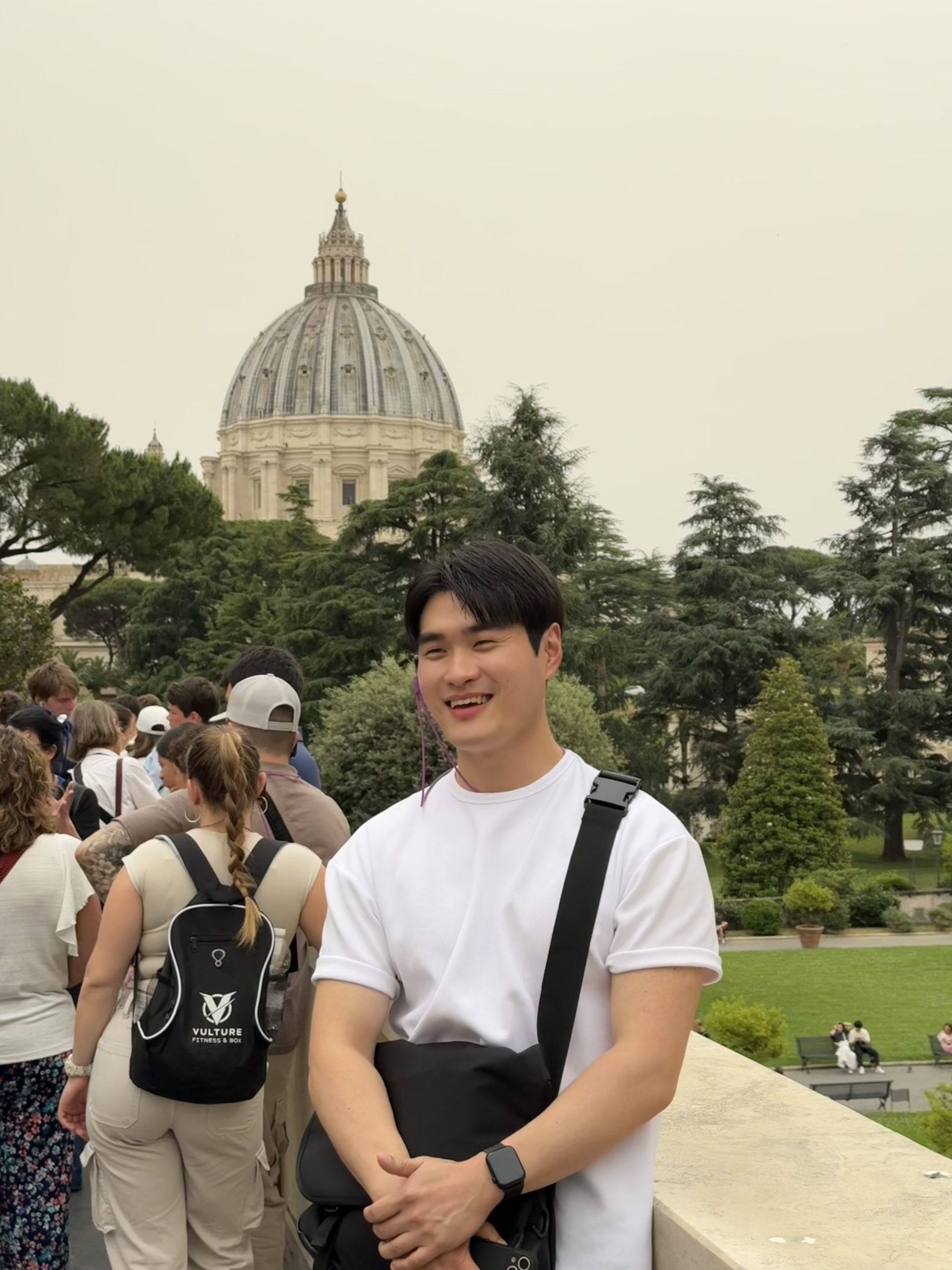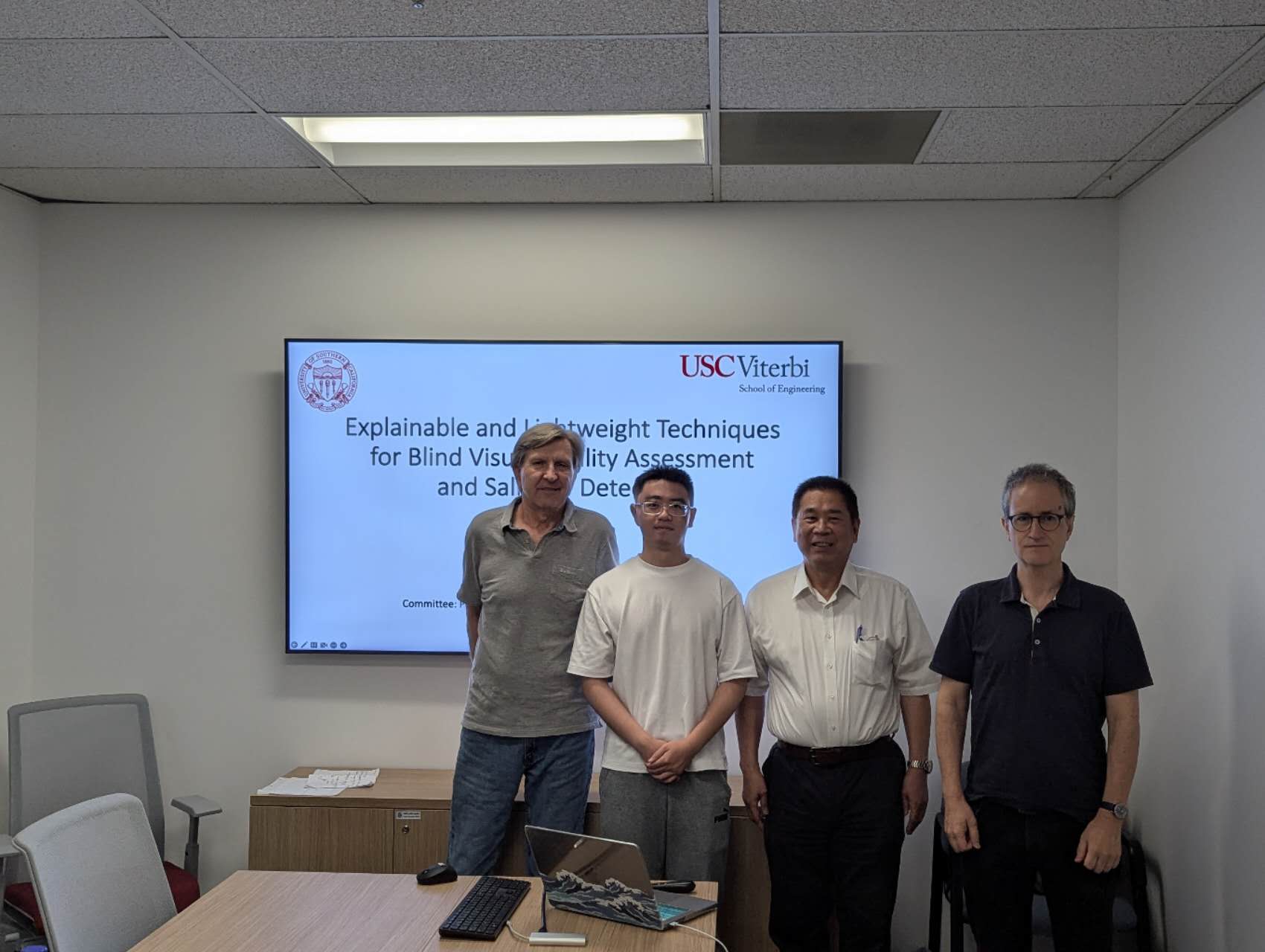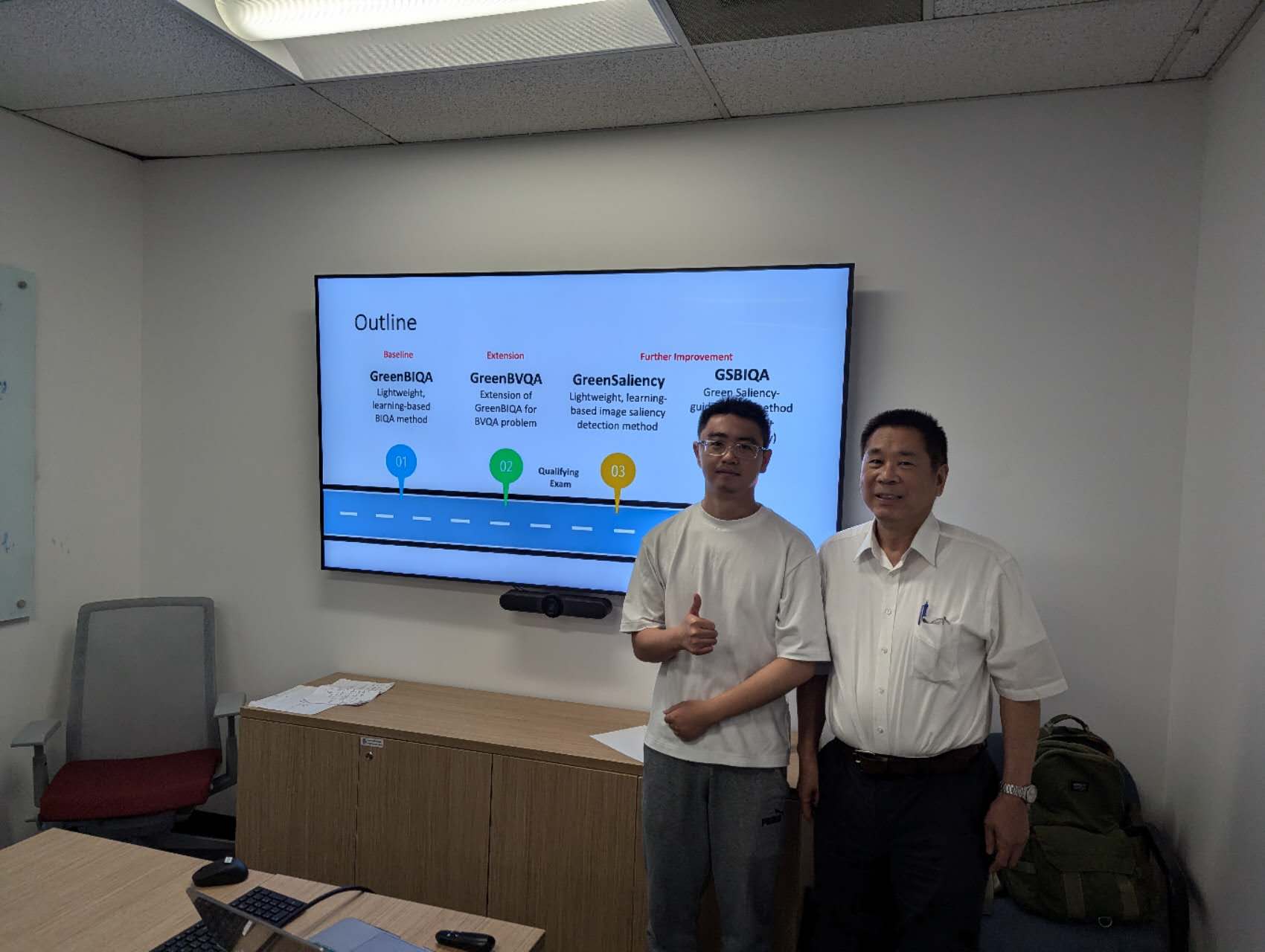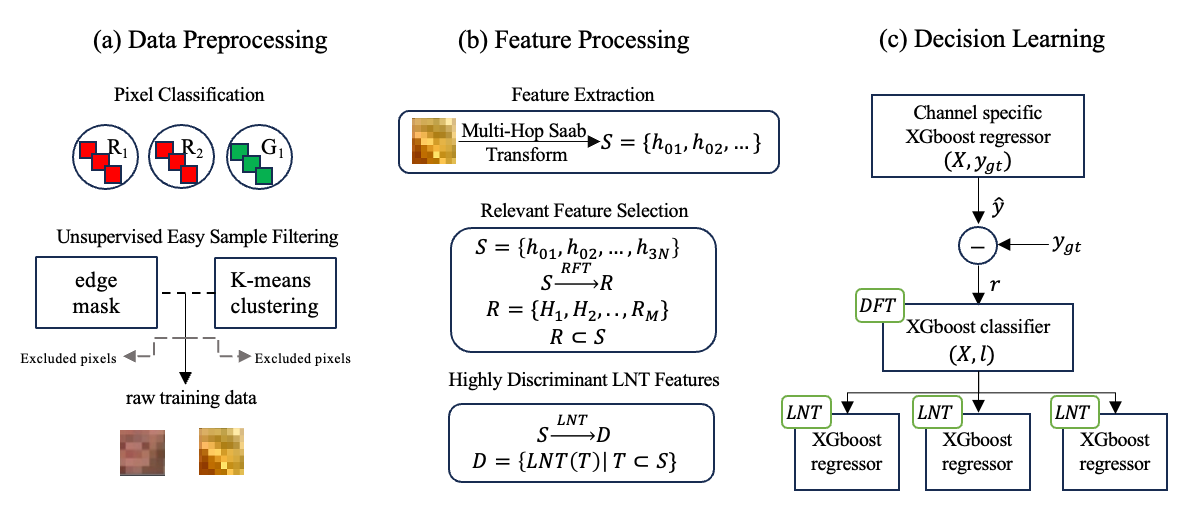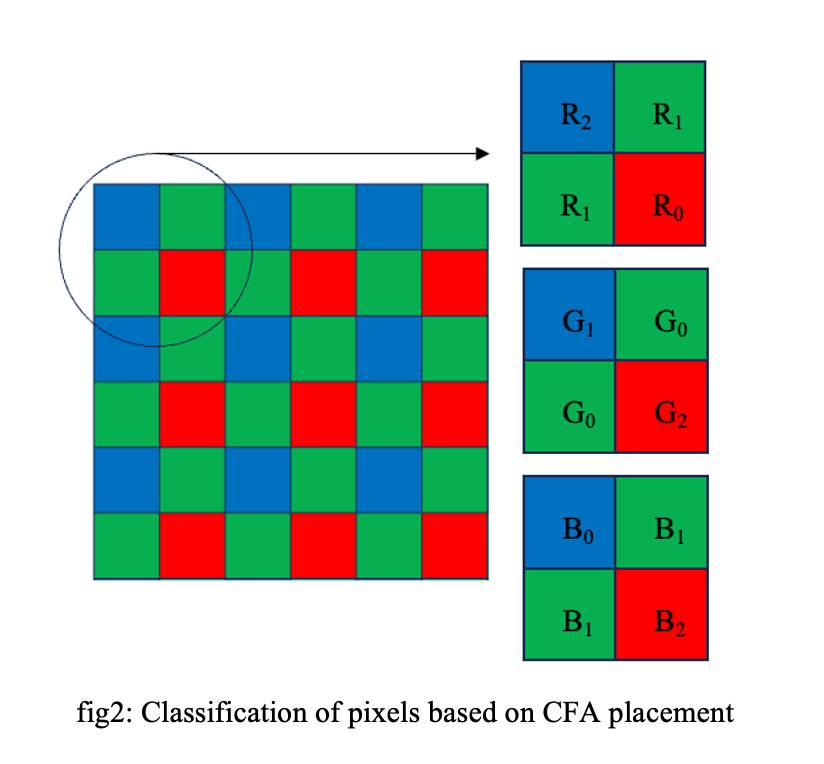Professor C.-C. Jay Kuo Named Inaugural Ming Hsieh Chair Holder
We are thrilled to announce that Professor C.-C. Jay Kuo has been named the inaugural holder of the Ming Hsieh Chair in Electrical and Computer Engineering. This honor recognizes Professor Kuo’s exceptional contributions to the field and his dedication to advancing research and education.
The Chair Installation event was a memorable occasion, hosted by USC President Carol Folt and Dean Yannis Yortsos of the Viterbi School of Engineering. Both leaders commended Professor Kuo’s remarkable impact on students, research, and the broader academic community.
On behalf of the MCL lab members, we congratulate Professor Kuo on this well-deserved recognition. We are incredibly proud of his achievements and continue to be inspired by his leadership. This milestone reflects not only his past accomplishments but also the exciting future ahead under his guidance.

